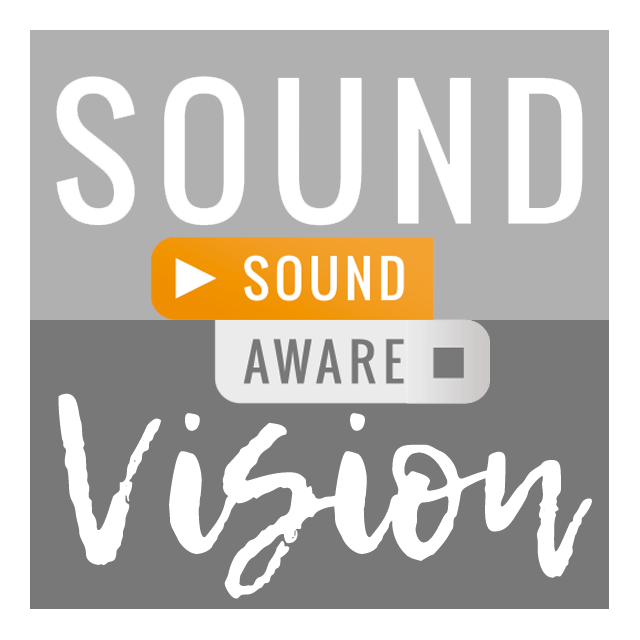‘In the past, we were the only organisation active in the Netherlands, and only active for the Netherlands. In the future, I see Buma/Stemra representing stakeholders all over the globe. The choice for a composer to join Buma/Stemra is less likely now than we would like to see. That’s why we’re going to investigate the criteria for people to join. The choice for Buma/Stemra should be an obvious one, due to our speedy payments, highly accurate information and data, ease of use and additional services. What extra information can we provide? The data component and complete insight into all of it has become increasingly important. To gather relevant and accurate data, our cooperation with SoundAware is essential. This is where we translate what we do to the composer and creator. The delivered data is the first identification. One that is and needs to be increasingly refined. It makes SoundAware an essential strategic partner in our service.’
‘We’re noticing that demands are higher nowadays. From our users, but also from upcoming tech companies and stakeholders. Is there any additional marketing information available? Because of the crisis, monetising the repertoires of artists is now even more important than before. To summarise, there are four trends we will be focussing on in the near future: digitalisation, globalisation, internationalisation and the higher demands of stakeholders. Despite Covid, which clearly messed up a lot, we still see these trends persevere. In part, Covid accelerated these trends. Online is growing even faster now, so that really is a lesson learnt. We’ve had to endure and see some hard blows within our organisation and the industry, like with the complete shutdown of the hospitality industry and the prohibition of events. But online just keeps growing.’
‘What’s important now is that we stay focused on our mission. Thanks to our monetisation and funds, we can continuously help in the creation of new music. We collect funds and pay the makers and entitled parties. Nothing has changed there, except for the playing field. Buma/Stemra is at a crossroad. We’ve got a few strategic choices ahead of us. We need to customise our service for the future. The online streaming of music counts for billions of transactions globally and as CMO, you need to be ready to handle that. That’s why increasing our quality of service is a priority now. We have over 30 thousand members, both small and big earners. All have contradictory concerns, but all with one common concern: collecting what’s rightfully theirs; money. That’s where we have to put our focus: on making a connection. But connecting and creating a connection is hard to measure. A great number of funds pass through our organisation. This money needs to be handled safely and we need to establish a trustworthy, open and transparent connection with our members. Not just our organisation, but also our customers, members, entrepreneurs in hospitality and events and the complete cultural industry are going through a really hard time. We’re all in the same boat and we have to make it out together. We need to make good agreements with other industry-wide organisations, also. It is a process of giving and taking: for all stakeholders.’
 The world we live in at the moment is quite difficult, with the pandemic and the measures taken to stop the spread of the virus. For everyone, regardless of their age, where they live or the industry they work in. Of all industries, the cultural one might have been hit the hardest. Where some sceptics talk about ‘those few gigs and festivals that were cancelled’, it actually affects millions of artists, actors, musicians, production - and other staff who’ve been out of work and income, all over the globe, for months. That’s why we thought it was time for an update, coming straight from the people in the industry. This episode of Sound Vision: Bernard Kobes, chairman of the board of directors and CEO of Buma/Stemra.
The world we live in at the moment is quite difficult, with the pandemic and the measures taken to stop the spread of the virus. For everyone, regardless of their age, where they live or the industry they work in. Of all industries, the cultural one might have been hit the hardest. Where some sceptics talk about ‘those few gigs and festivals that were cancelled’, it actually affects millions of artists, actors, musicians, production - and other staff who’ve been out of work and income, all over the globe, for months. That’s why we thought it was time for an update, coming straight from the people in the industry. This episode of Sound Vision: Bernard Kobes, chairman of the board of directors and CEO of Buma/Stemra.

